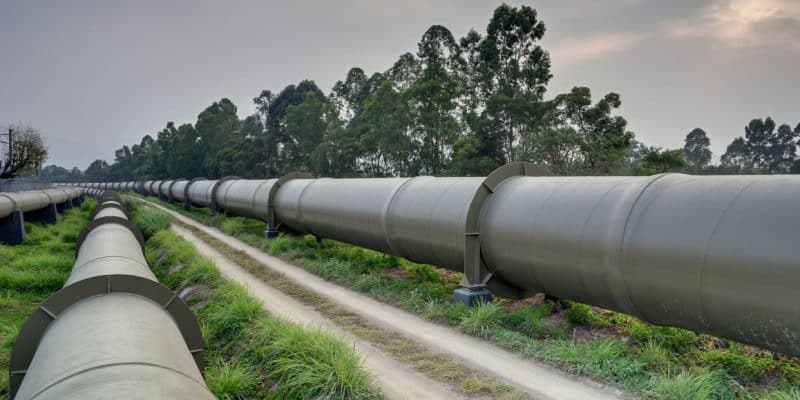A double pipeline will reinforce the supply of irrigation water in the New Administrative Capital (NAC), under construction in Upper Egypt. The contract was won by the Egyptian company Hassan Allam Construction.
The irrigation project was announced on 12 October 2022 by Hassan Allam Holding. Its subsidiary, Hassan Allam Construction will implement the project, which involves the construction of a double irrigation pipeline in the New Administrative Capital (NAC), a city under construction in Upper Egypt. The 1,500mm diameter concrete double pipeline will be 6.5km long. “The two pipes will connect the NAC’s water treatment plant to the irrigation reservoirs in the first sector of the R8 residential area,” says Hassan Allam Holding. The aim is to strengthen the supply of irrigation water in the NAC, in a context marked by water stress.
Egypt’s New Administrative Capital will eventually be home to 6.5 million people in at least 21 residential areas. By 2025, the population is expected to be between 18 and 40 million. The new city is also intended to be sustainable, with buildings powered by electricity generated from solar photovoltaic mini-power stations.
Solid waste management has been entrusted to the UAE company Bee’ah. The company, which employs 6,000 people, started its activities in the country of the pharaohs in March 2021 and intends to develop a mobile application through which inhabitants will be able to access information and benefit from all the services related to solid waste management.
Read also –EGYPT: Hassan Allam to pump Nile water to irrigate New Valley
Much of the waste produced in the city will be incinerated to produce electricity. Concessions have been granted to companies to build waste-to-energy plants. In particular, the Saudi company Fas Energy plans to invest up to $300 million in the construction of incinerators to handle the waste produced in the new cities being built in Upper Egypt.
Inès Magoum







